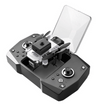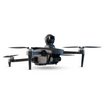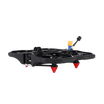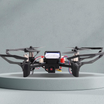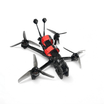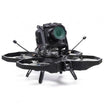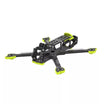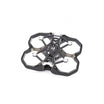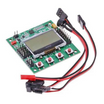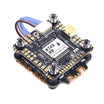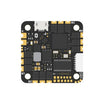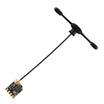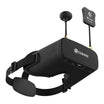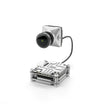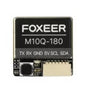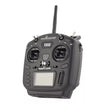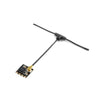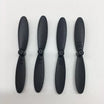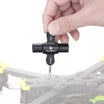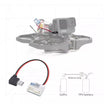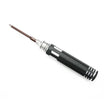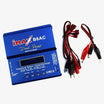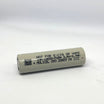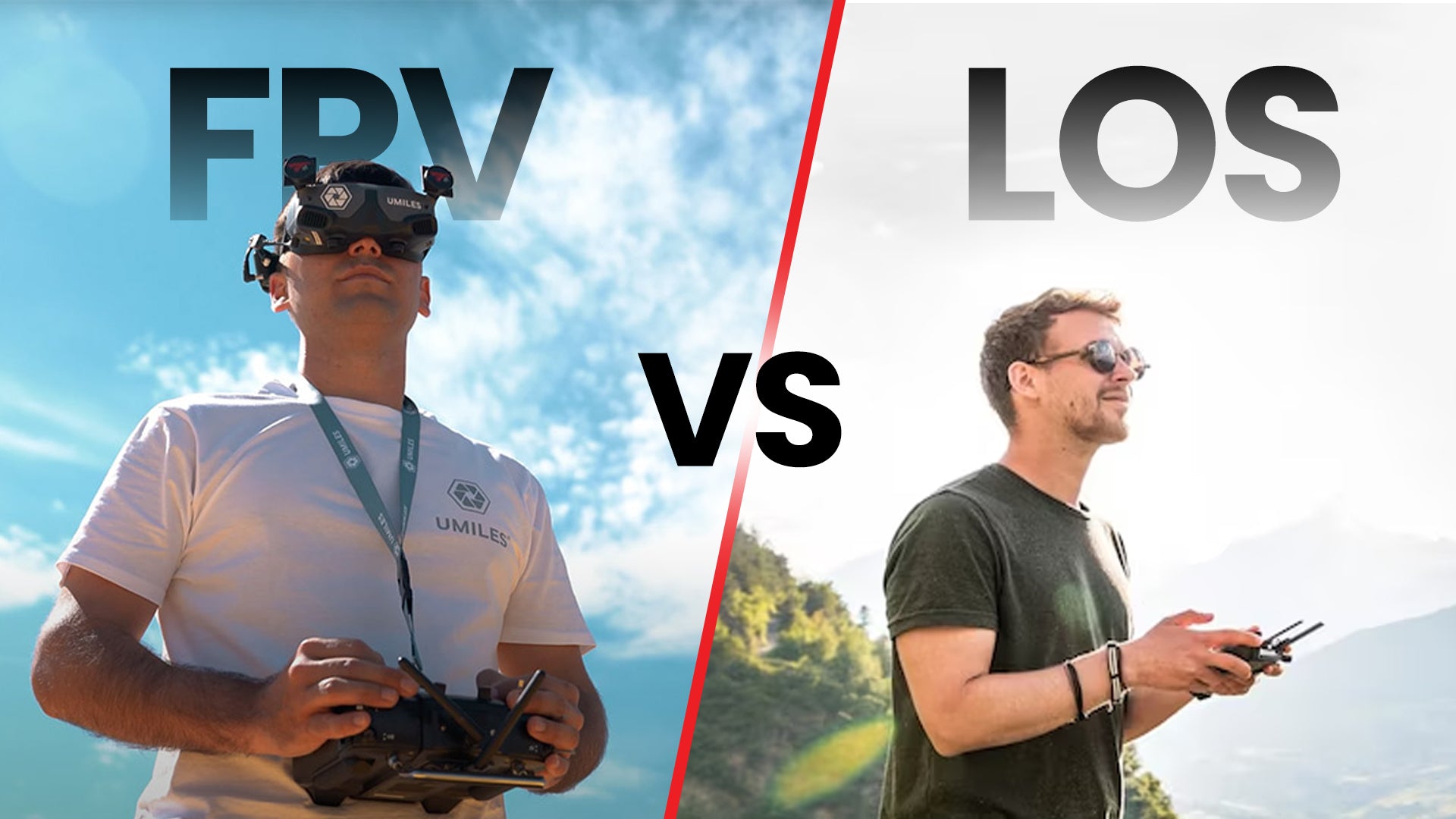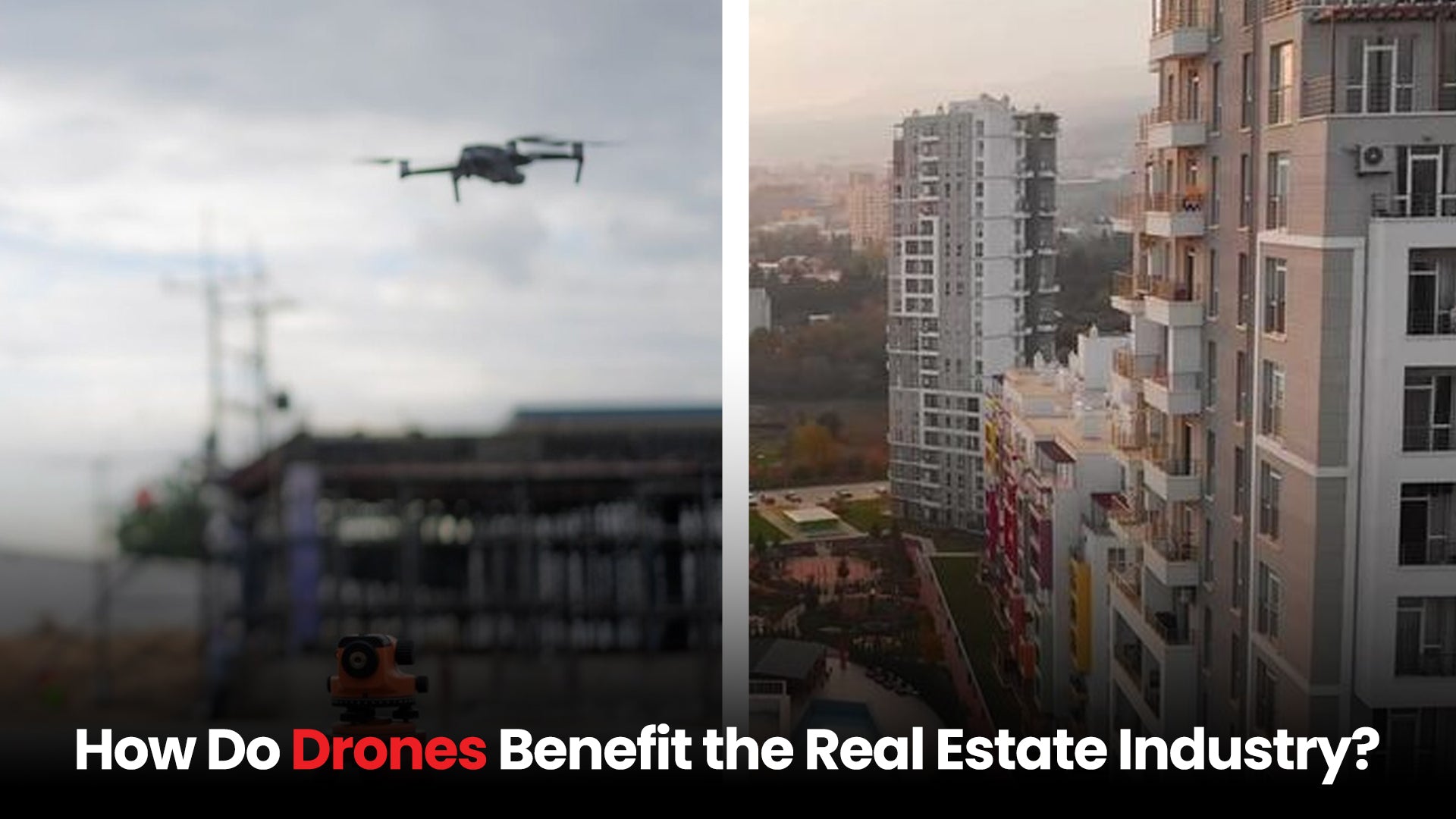Drones are doing amazing things. They're helping fight diseases, cleaning up oceans, and even delivering pizza. The military and tech fans have been using drones for a while, but now they're changing many other industries too.
Drones can carry out a wide range of demanding and hazardous tasks in the future. They can avoid crashes, gather data, and ship products affordably and safely. As drones get smarter, they'll be able to do even more complicated tasks.
Companies see a huge possibility in drones, which is why they are spending a lot of money on them. Drone services have a market value of about $127 billion worldwide.
We should expect to see even more intriguing developments in this industry as more businesses begin using drones.
12 Important Contributions of Drones To Our Society
Let us explore the most important developments that we could see in our society due to drones.
#1 Defense
The military has used drones for decades, but now tactical drones in defense are becoming smaller, smarter, and more precise. Armed forces around the world are using UAVs for:
-
Surveillance in conflict zones
-
Precision airstrikes
-
Real-time intelligence sharing
This increased demand is also driving innovation among drone manufacturers and defense tech startups.
Also read: A guide to Elevate z1: Built for defense, designed for detail
#2 Emergency Response
Emergency drones equipped with thermal cameras are being deployed during natural disasters, building collapses, and forest fires. They help:
-
Locate victims not visible to the naked eye
-
Deliver life-saving supplies
-
Assess damage faster than human crews
A standout example is Land Rover’s Project Hero, which uses drones to assist the Austrian Red Cross in emergency missions.
Also read: How drones are giving the gift of sight to India
#3 Disaster Relief
During earthquakes, hurricanes, and floods, disaster response drones play a vital role in:
-
Search and rescue operations
-
Mapping destruction zones
-
Preventing further damage
By providing real-time aerial footage, they help authorities make faster, data-driven decisions.
Also read: How drones are changing disaster response in Myanmar
#4 Wildlife Conservation
Conservationists are now using autonomous drones to monitor wildlife affected by poaching and climate change. For example:
-
Liverpool John Moores University uses drones to track animal movements
-
Drones help detect illegal logging and poaching
This non-invasive tech is helping protect endangered species and sensitive ecosystems.
#5 Disease Control
Drones are being used to study how infectious diseases like malaria and schistosomiasis spread through animal movement. Benefits include:
-
Monitoring disease vectors
-
Predicting potential outbreaks
-
Supporting public health interventions
Drones in public health are giving researchers an edge in disease prevention.
#6 Medical Deliveries
In areas without hospitals or proper roads, medical drones are bridging the healthcare gap. Countries in Africa and Southeast Asia are already using drones to:
-
Deliver blood and medicine to rural clinics
-
Reduce patient wait times
-
Save lives in critical situations
This model is revolutionizing healthcare delivery in underserved regions.
#7 Agriculture
Agricultural drones are a game changer for modern farmers. They're used for:
-
Crop health monitoring
-
Precision pesticide spraying
-
Soil analysis and yield prediction
By using drones in precision agriculture, farmers are cutting costs and increasing yields sustainably.
#8 Weather Forecasting
Weather scientists now rely on climate monitoring drones to track:
-
High-altitude weather patterns
-
Storm formations
-
Long-term climate change data
Drones complement satellites and ground stations to improve the accuracy of weather forecasting and climate research.
#9 Maritime
The maritime industry is undergoing a drone-powered transformation. Companies like Rolls-Royce and Orobotix are leading the way in:
-
Emission monitoring
-
Hull inspections
-
Underwater surveillance
Maritime drones improve efficiency and safety in port operations and deep-sea shipping.
#10 Energy
Inspecting pipelines, wind turbines, and oil rigs can be dangerous—but drones make it safer. Thermal drones for energy:
-
Detect gas leaks
-
Monitor power lines
-
Reduce downtime during inspections
This is why energy infrastructure monitoring with drones is on the rise in both fossil fuel and renewable sectors.
#11 Construction
Construction managers use drones for site surveys and progress tracking. Benefits include:
-
Creating 3D models of terrain
-
Monitoring materials and equipment
-
Evaluating structural safety
This streamlines workflows, reduces errors, and improves on-site safety.
#12 Real Estate
Drones in real estate help agents create jaw-dropping aerial videos and 3D virtual tours of homes and commercial properties. Advantages include:
-
Highlighting property location and amenities
-
Improving buyer engagement
-
Reducing the need for in-person visits
It’s now standard practice for high-end and commercial listings across the globe.
Frequently Asked Questions
What are the most common uses of drones in 2025?
Drones are commonly used in agriculture, defense, construction, logistics, healthcare, and environmental monitoring. Their versatility and automation make them ideal for complex, data-driven tasks.
How are drones helping rural healthcare delivery?
Medical drones transport vaccines, blood units, and emergency supplies to remote areas where healthcare access is limited, significantly reducing delivery times and improving outcomes.
Are drones environmentally friendly?
Yes. Compared to helicopters or ground inspections, drones consume less energy, reduce emissions, and often replace more invasive forms of data collection.
What is the future of drones in everyday life?
Drones will likely become part of daily life, delivering food, monitoring traffic, aiding first responders, and even supporting smart city infrastructure with real-time data.

